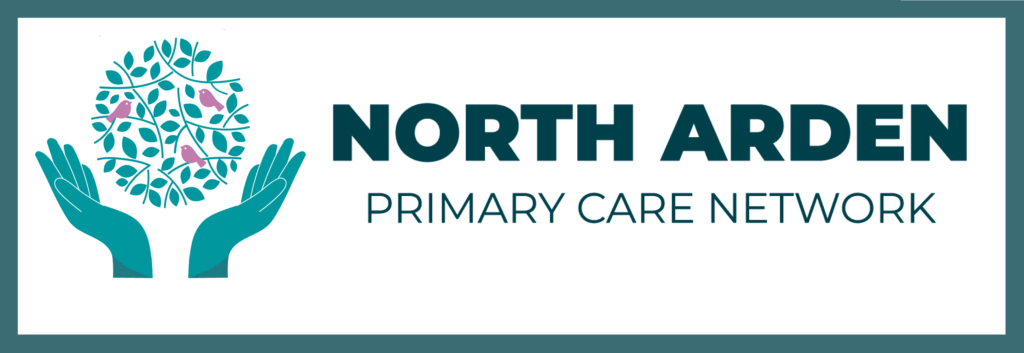
Please take time to look through the site and find out who we are and what we do, and what our future plans are. You will also be able to access information about long term health conditions, advice for treating minor illnesses or injuries and links to other external sites which you may find of interest.
What is a Primary Care Network (PCN)?
A Primary Care Network is a group of local practices who join together to work collaboratively to offer a wider range of primary care services to their patients, involving a wider set of staff roles than might be feasible to offer for an individual practice. For example, first contact physiotherapy, social prescriber, clinical pharmacist and a vast range of other roles.
With increased demand and a shortage of clinical staff, practices find they can provide greater, more personalised care for patients when they can work together on certain services or issues.
Our PCN is now on Facebook
We as a PCN are always looking for new ways to engage with our community and promote our services to those who need it. Please check out our new page and follow us to keep updated on all the latest PCN news.
North Arden PCN: Facebook